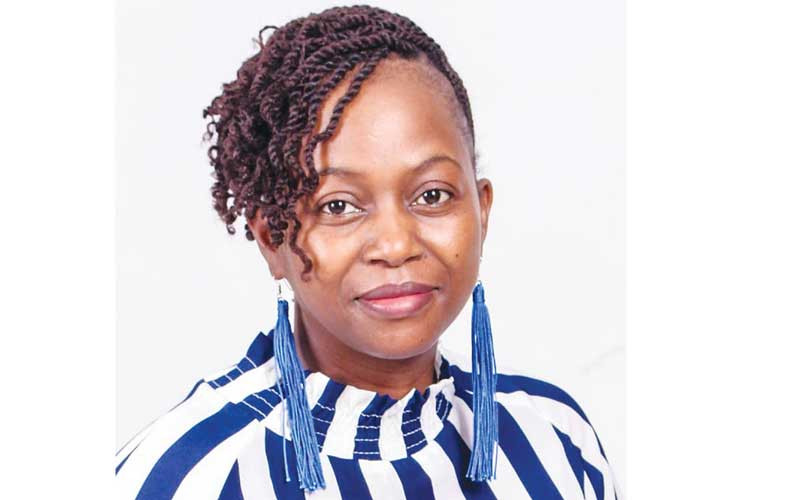
WITH a title that promises unique delights, Zimbolicious Anthology 7 (An anthology of Zimbabwean Literature and Arts) is a mixture of poetry, visual art, essays, and interviews.
It is a unique concept considering that players in Zimbabwe’s diverse arts sector are largely segregated according to their fields and rarely support each other, unless brought together by big event organisers.
The book, which was edited by Tendai Rinos Mwanaka and Tanaka Chidora, features contributions from 16 writers among them Chenjerai Mhondera, Mathew K Chikono, Artwell Musungate, Dumisani Charles Kufaruwenga, Clesirdia Nzorozwa, Gamuchirai Susan Muchirahondo, Blessing S Chigunda, Mbonisi Zikhali, Jabulani Mzinyathi, Hosea Tokwe, Onward Mutapurwa, Oscar Gwiriri, Hleko Vuma, Gift Sakirai, Livingstone Muchefa and Nkosiyazi Kan Kanjiri.
The anthors’ biographies reveal diverse backgrounds, professions and geographical location with some contributors residing as far as South Africa, Canada and England.
Photographs of sculptures by Ishmael Chitiyo, Jacob Mafuwa, Joshua Chirume, Masimba Mudhokwani, Chango Chitoko, Edmore Chirume, Edson Muchena, Dorcas Mutemasango, Kennedy Zano, Lorraine Mamvura, Tapeyama, Patience Musonza, Peter Makuvise, Tendai Muzavaza and Gerald Runyanga create an interlude between contributors.
The book carries short stories by Chikono, Kufaruwenga, Mimi Machakaire, and an essay by Mzinyathi. There are also interviews by Tanaka Chidora, Dizzy Storms and a book review by Kanjiri.
Visual art is also used as an intermission between prose and poetry. There are installation views of work by Anne Zanele Mutema and Allison Baker.
The book also features paintings by Musungate.
Female representation is lean in this collection. The introduction states that selection was largely based on foregrounding artists that had not been featured in a Zimbolicious Anthology before. “The stories, images and emotions curated in the pieces that constitute this anthology are a blending of personal issues of loss, love and self-affirmation, and the ‘bigger’ stories of the country and the continent…” Mwanaka and Chidora wrote, adding that each reader is bound to find their favourite.
Out of the wide range of topics some women might find resonance in Gamuchirai Susan Muchirahondo’s contribution of three raw, emotional poems.
The pieces titled Christening, Field and Song can be summed up as a post-mortem for a failed marriage.
From the point of view of the female protagonist, they are a bitter expression of disillusion and frustration over a man who fails to live up to a woman’s expectations. The tragic fate of the relationship is encapsulated in the lines from Christening, My hope digs an unrecoverable hole in my chest…My heart fails because of the despair…Refusing to believe that what I got was all it could ever be… There is nothing for me with you but delusional stories…Nothing but failing hope.
The man is eviscerated in the poem Field. He knows nothing of the man you thought he was…I am sorry you loved the unfulfilling version of them…Maybe it’s time you cut your losses and left…Leave the desert little butterfly.
In the end from the poem Song, Muchirahondo tragically sums up “We played on after the whistle had been blown…Played out of fear of what would happen if we couldn’t play… if the game ended.’’
Muchirahondo’s poems bring clarity to women who might be trapped in a similar bitter entanglement and may be struggling to articulate their emotions.
The poems also give perspective to men on how the epitaph for a doomed relationship is written from a female point of view.
Different readers will find varying points of interest in this thematically and conceptually wide-ranging anthology.
- Follow us on Twitter @NewsDayZimbabwe







